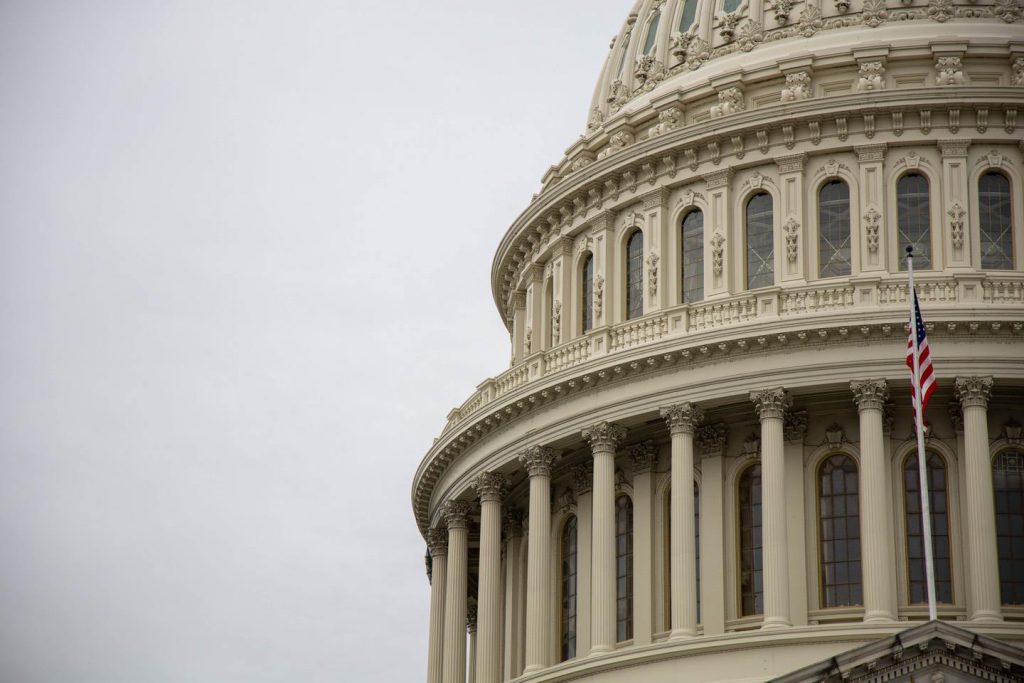
“I will give you the keys of the kingdom of heaven; whatever you bind on earth will be bound in heaven, and whatever you loose on earth will be loosed in heaven.”
Biblical scholars tell us that the words Jesus used for “bind” and “loose” were commonly used terms: To bind meant to forbid. To loose meant to allow. One commentator said, “Binding and loosing—that is, prohibiting and permitting—were, in the Aramaic language that Jesus used, a customary expression to denote the highest authority.”
When a new business wants to open up shop, they have to first seek the permission of the city council. The council controls the bylaws and zoning of the community. The city council can allow (rule in favor) or disallow (rule against) any zoning application for a business license or building permit. Without the approval of city council, the business is unable to legally establish itself.
Likewise, the banks and other companies also have to grant permission (albeit in a totally different way). Banks and trust companies are almost always relied upon to fund the expansion and/or new equipment. Other companies are almost always relied upon to do that actual work of building – if they choose, they could turn down the job and refuse to dig the foundation, pour the cement or build out the interior of the building. They could refuse to provide electrical or telecommunication services. It isn’t just the city council that has to approve the new business, the other business leaders have to also approve it.
When all is permitted, a new company opens up, providing employment and blessing to many.
What city councils and business leaders do in the physical/financial world, the ekklesia does in the spiritual world. Knowing this – and knowing the ekklesia Jesus had just committed to build on the foundation of the confession of Himself as Christ, Son of the Living God – we can understand that Jesus is giving a great spiritual authority to His ekklesia.
Just as a city council or group of bankers and businesspeople can affirm and ‘grant’ privileges to build something in the city, so also the ekklesia can grant spiritual permission or deny spiritual permission in that region. The ekklesia has the authority to bind (to disallow) and it has the authority to loose (to allow). The ekklesia can grant spiritual authority to see a new expression of the Kingdom of God succeed, and the ekklesia can forbid spiritual influence over land and homes and groups of people, stifling the work of the enemy.
Late author and pastor Rev. Dr. Stanley Jebb once wrote, “Strictly speaking, the only authority a pastor has is the spiritual authority inherent in the message he preaches.” That may be true, but consider what a large authority that is! If a new church (or even an existing one) is to advance, the ekklesia must loose it. If there is demonic interference to the Kingdom, the ekklesia must bind it.
But if the ekklesia is to do anything, it must first understand its role and its authority. It is for this reason that the evil one does all he can to confuse people as to who they are, and confusion usually reigns. Our enemy doesn’t want people to know that there even is an ekklesia, and he doesn’t want people – especially pastors and people of influence – to know that they are part of the ekklesia. But if we are to succeed, the ‘city council’ part of the ekklesia (the pastors and spiritual leaders) must be on board, and the ‘business’ part of the ekklesia (the people of influence) must also be on board.
The authority of Scripture will be in the fullest sense a spiritual authority, one that has not been forced upon us by convention and tradition, but is freely recognized, and gladly obeyed, as the utterance of mind and will truer and finer than our own.
H. Wheeler Robinson
APPLICATION: Intentionality
How are you using your spiritual authority?

